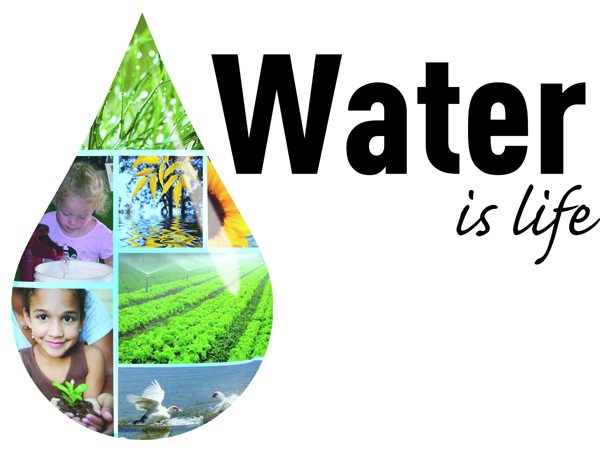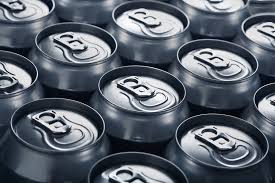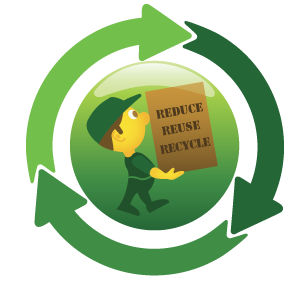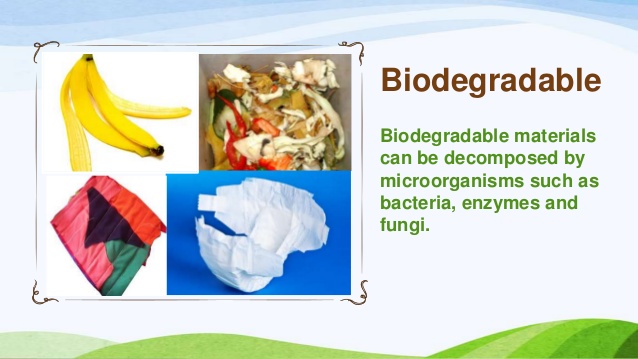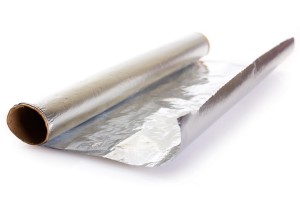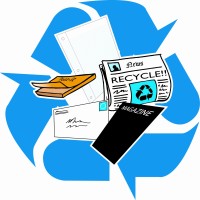To most people, plastic is plastic. But, if you hold a water bottle, a milk jug or a 5-gallon plastic bucket, the difference is very apparent. All plastics are not recyclable. The symbol on the bottom of the container is an ID code, not a recyclable sign. Notice that water bottles have a number 1 stamped inside of the triangular marking. This usually symbolizes a recyclable plastic. Few individuals understand plastic recycling, but when a survey was recently conducted, 9 out of 10 Americans stated that they would be willing to participate in a recycling program if it were offered.
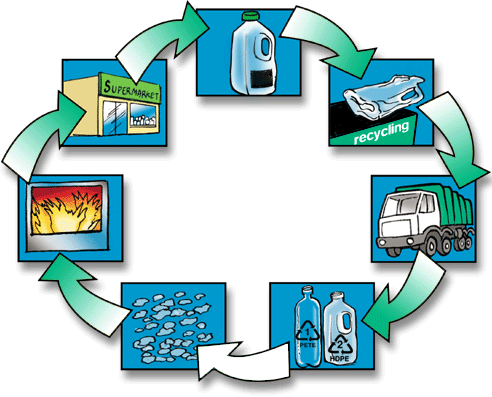 It is estimated that 2.5 million water bottles are used every hour. Most are tossed away in garbage containers and end up under the soil. The chemicals used in the plastic manufacturing process prevents this material from breaking down. It takes thousands of years for plastic to finally start of disintegrate.
It is estimated that 2.5 million water bottles are used every hour. Most are tossed away in garbage containers and end up under the soil. The chemicals used in the plastic manufacturing process prevents this material from breaking down. It takes thousands of years for plastic to finally start of disintegrate.
Not only do many of the discarded plastics eventually end up in our oceans, damaging sea life, but the energy that is wasted from manufacturing versus recycling, is astounding. It takes 66% more energy to create plastic products from scratch than it does to recycle existing containers.
To date, only 27% of plastic bottles are recycled. This gives you an idea of the total amount of plastics that end up in landfills. At this pace, our beautiful planet will be a sea of garbage in a few short years.
How the Consumer can Help
If you do not have a garbage service that accepts all or part of discarded plastics, find one. There are apps available for locating recyclable companies in your area. Take the initiative and do your part to help the planet. Also, when shopping, look for products that are made from recyclable plastic in order to get the ball rolling on more manufacturing of recyclables.
With everyone’s help, more and more plastics will be required for recycle and the circle of manufacturing, using, recycling and re-use will be complete. Take the initiative and spread the word on these little know facts to make a difference.
